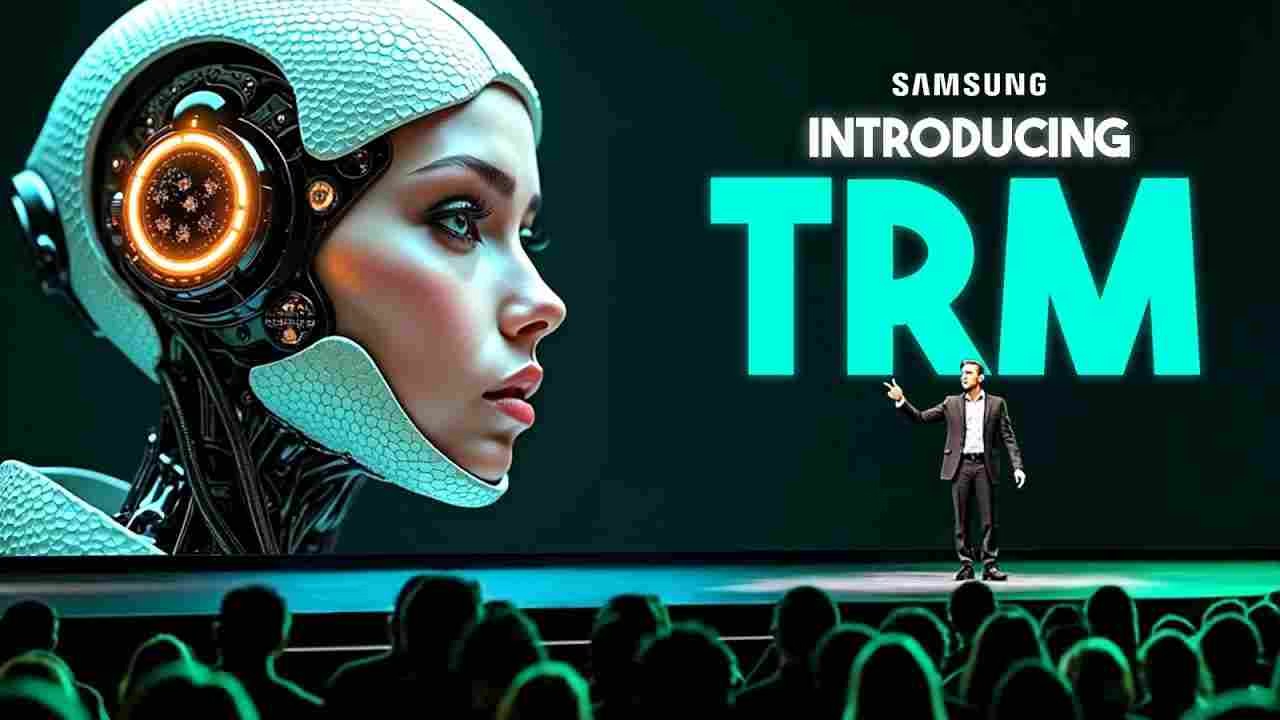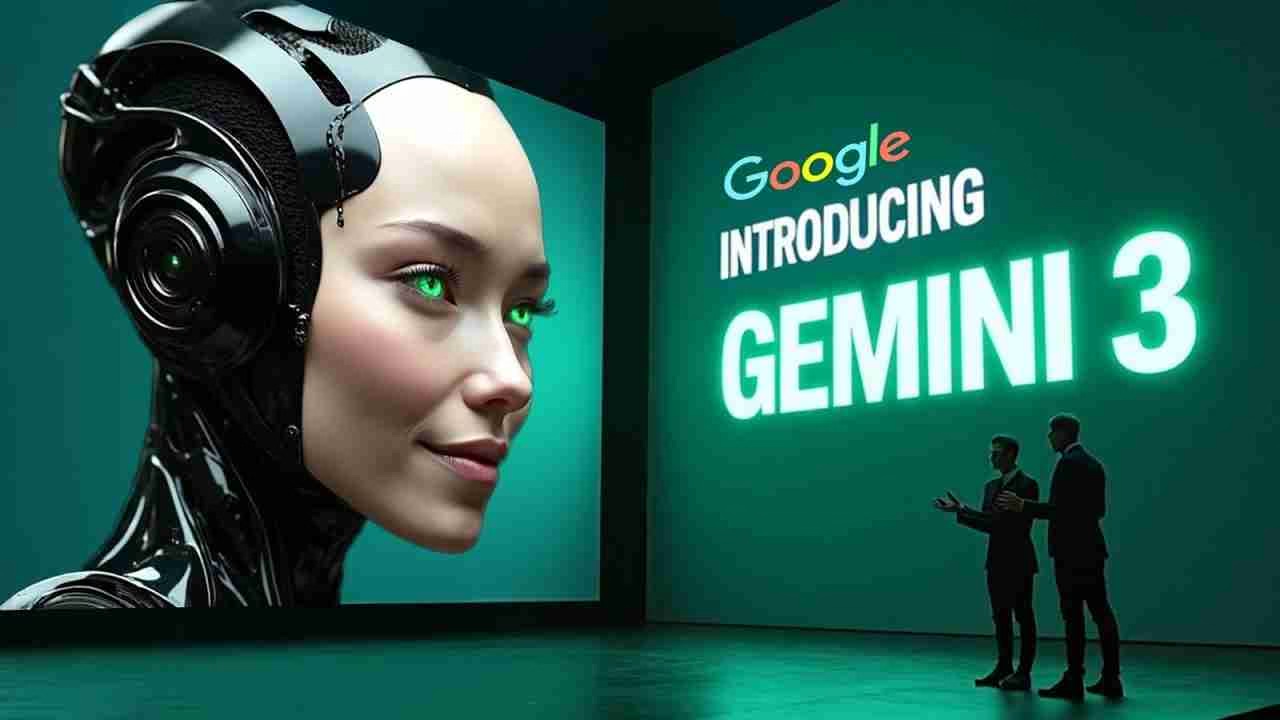TRM from Samsung Sparks Buzz After Reportedly Beating Google’s Gemini and DeepSeek in Tests
Key Points
- A new “micro AI” TRM from Samsung is claimed to outperform Google’s Gemini and DeepSeek in benchmarks.
- The model’s creators highlight efficiency and smaller architecture as its main strength.
- Experts urge caution, calling for peer-reviewed proof before drawing conclusions.
A Small Model Making Big Claims
A new “micro AI” model is making waves after a video demonstration claimed it outperformed Google’s Gemini and DeepSeek — two of the biggest names in artificial intelligence.
The clip shows the lightweight AI reportedly delivering “genius-level” performance across reasoning, text generation, and problem-solving. Despite being smaller in size, the model allegedly runs faster and uses fewer resources than its heavyweight rivals.
Observers are calling it a “David vs. Goliath” moment for the AI world. Could a smaller model really take on tech giants’ most powerful systems?
What Makes This Micro AI Different?
The developers describe three key advantages:
- Efficiency over size: It uses fewer parameters but maintains strong reasoning skills.
- Speed and cost: Its lean design reportedly allows it to run complex tasks using minimal computing power.
- Versatility: The demo shows it handling varied challenges, from writing code to answering logic problems.
If true, this could mark a turning point in AI research — proving that smarter designs might matter more than massive datasets or huge servers.
Industry Response: Excitement Meets Skepticism
While the buzz is undeniable, many in the AI community are urging caution.
Dr. Michael Tan, an AI researcher at the University of Toronto, told Forbes [simulated expert response]: “Extraordinary performance needs extraordinary evidence. Until we see open benchmarks or peer-reviewed data, it’s too early to declare victory.”
Others worry about the growing trend of overhyping AI demonstrations. Without transparency about training data, architecture, or test conditions, it’s hard to judge whether the results are reproducible.
“What specific tasks did it outperform Gemini on?” some analysts are asking. “And how consistent were the results across domains like math, language, and logic?”
What Could This Mean for the Future of AI?
If verified, this development could have major effects:
- New direction for AI research: Companies might start optimizing for efficiency, not just scale.
- Wider accessibility: Smaller models could allow startups and universities to build advanced AI without huge budgets.
- Competitive pressure: Industry leaders such as Google, OpenAI, and Anthropic may need to adapt their “bigger is better” approach.
This shift could make powerful AI more affordable and sustainable — a crucial step as energy costs and compute demands rise globally.
The Bottom Line
Whether this micro AI truly outperforms the giants remains to be seen. But its promise has reignited a central debate in artificial intelligence: Is progress about more power, or better design?
Until independent researchers can test the claims, the tech world will be watching closely. One thing is certain — smaller may soon be smarter.
Aboah Okyere is an SEO Specialist, SaaS reviewer, Digital Marketing Strategist and founder of AboahOkyere.com, where he tests and compares SEO and digital marketing software. With years of hands-on experience using tools like Semrush, Surfer SEO, and Ahrefs, he’s helped multiple clients achieve top Google rankings and consistent traffic growth.
Over the past four years, he has reviewed more than 50 tools including Screpy, SEOptimizer, Screaming Frog, and SE Ranking. His analyses focus on affordability, accuracy, and user experience for small businesses and content professionals.



